Ex-teacher in France charged with sexual abuse of 89 minors,
Warning: The following story contains details that may be disturbing to some readers.
GRENOBLE, France -- A French prosecutor on Tuesday appealed for further testimony in a mass abuse case across nine countries, after charging a 79-year-old former educator with rape and sexual assault of 89 minors since the 1960s.
Prosecutor Etienne Manteaux spoke to reporters in the southeastern city of Grenoble to publicize the case of the former teacher, who had also confessed to killing his terminally ill mother and his elderly aunt.
In an unusual move, French authorities named the suspect, Jacques Leveugle, who was born in 1946 in Annecy, an Alpine town an hour’s drive away from Grenoble.
“This name must be known because the aim is to enable potential victims to come forward,” the prosecutor said.
When asked why prosecutors did not reveal the information when Leveugle was placed under investigation, Manteaux said that it was a “somewhat unusual case, and we wanted to first ensure the veracity of the facts.”
Then “it became essential to allow victims who could not be identified and who were not going to be heard to come forward”, he added.
Leveugle, who is accused of committing sexual crimes against minors between 1967 and 2022, has been in custody since his indictment in 2024, the prosecutor said.
In May last year, a French court sentenced retired doctor Joel Le Scouarnec to 20 years in prison after he confessed to sexually abusing or raping 298 patients between 1989 and 2014.
Of those, more than 250 victims were under 15 years old.
Victims and child rights advocates say that case highlighted systemic flaws that allowed Le Scouarnec to repeatedly commit sexual crimes.
‘Travelled to different countries’
Leveugle allegedly committed the crimes against minors in Germany, Switzerland, Morocco, Niger, Algeria, the Philippines, India, Colombia, and the French overseas territory of New Caledonia, where he worked as a freelance teacher and instructor, said the prosecutor.
His varied roles included instructor of speleology, or the study of caves, and French teacher.
“He travelled to these different countries and in each of these places where he settled to provide tutoring and teach, he would meet young people and have sexual relations with them,” according to the prosecutor.
The number of victims was established from writings compiled on a USB drive by the man, which refer to “sexual relations” with minors aged 13 to 17.
The USB stick on which the documents were stored by the man was discovered by his nephew, who was “questioning his uncle’s emotional and sexual life,” Manteaux added.
It “contains 15 tomes of very dense material, and investigators will review and read all of these writings and identify 89 minors”, he said.
During the investigation, the man also confessed to suffocating his mother -- a terminally ill cancer patient -- with a pillow in the 1970s, according to the prosecutor.
He also suffocated his 92-year-old aunt, also with a pillow, in the 1990s, the prosecutor said.
Leveugle had to travel and the aunt “begged him not to go.”
“He decided to kill her too, so while she was asleep, he took a pillow and suffocated her,” the prosecutor said.
In his “memoirs,” the man had written that he had “killed two people,” Manteaux said.
A separate murder investigation has been launched.
The suspect “justifies his actions by saying that he would like someone to do the same for him if he found himself in this end-of-life situation”, the prosecutor said.
By Amelie Herenstein and Manon Billing in Lyon
If you or someone you know is struggling with sexual assault or trauma, the following resources are available to support people in crisis:
Call 911 if you are in immediate danger or fear for your safety.
The Canadian Association of Sexual Assault Centres' website has a comprehensive list of sexual assault centres in Canada that offer information, advocacy and counselling.
The Ending Violence Association of Canada‘s website has links to helplines, support services and locations across Canada that offer sexual assault kits.
Indian Residential School Survivors Society crisis lines: +1 866 925 4419 or +1 800 721 0066 (24/7)
Toronto Rape Crisis Centre crisis line: +1 416 597 8808 (24/7)
Canadian Human Trafficking Hotline: +1 833 900 1010 (24/7)
Trans Lifeline: +1 877 330 6366
Suicide Crisis Helpline: call or text 988 (24/7)
Sexual Misconduct Support and Resource Centre for current and former Canadian Armed Forces members: +1 844 750 1648
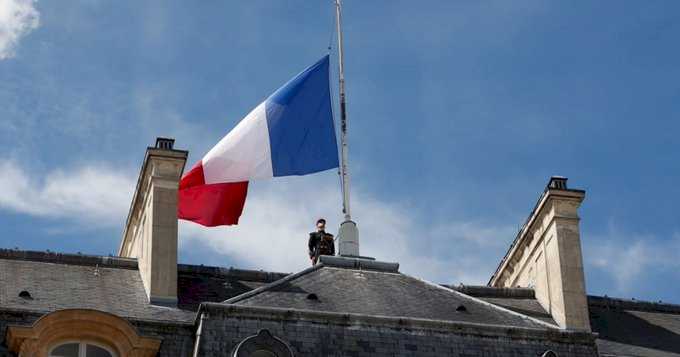
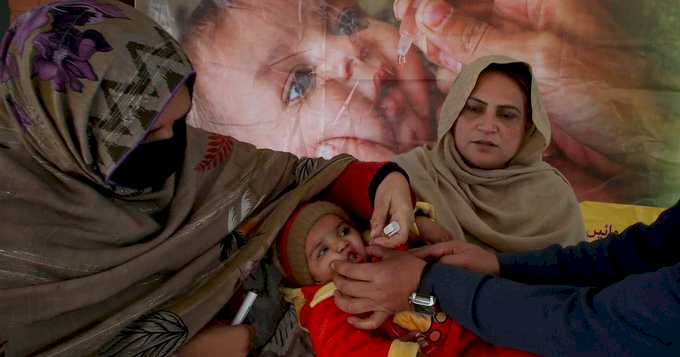

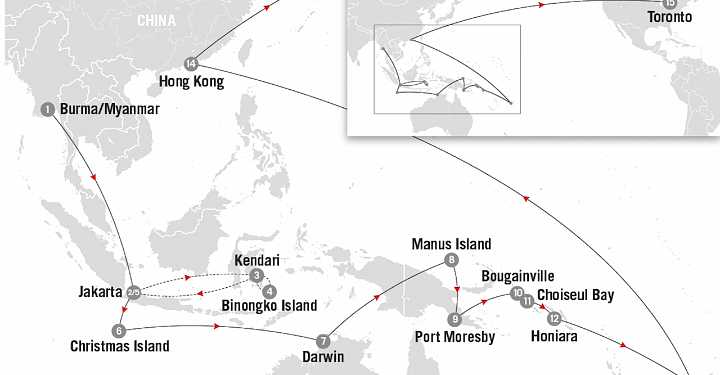


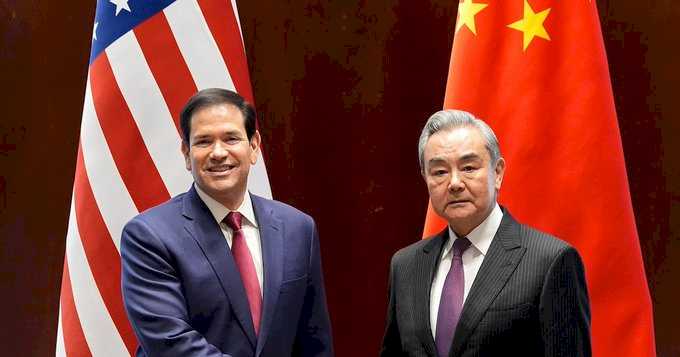
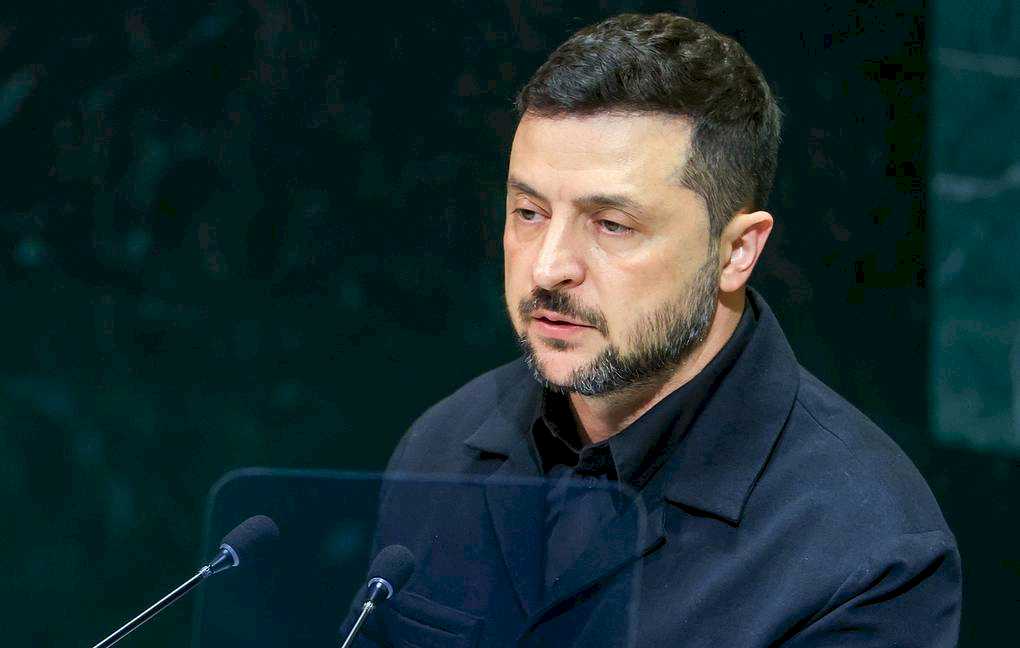

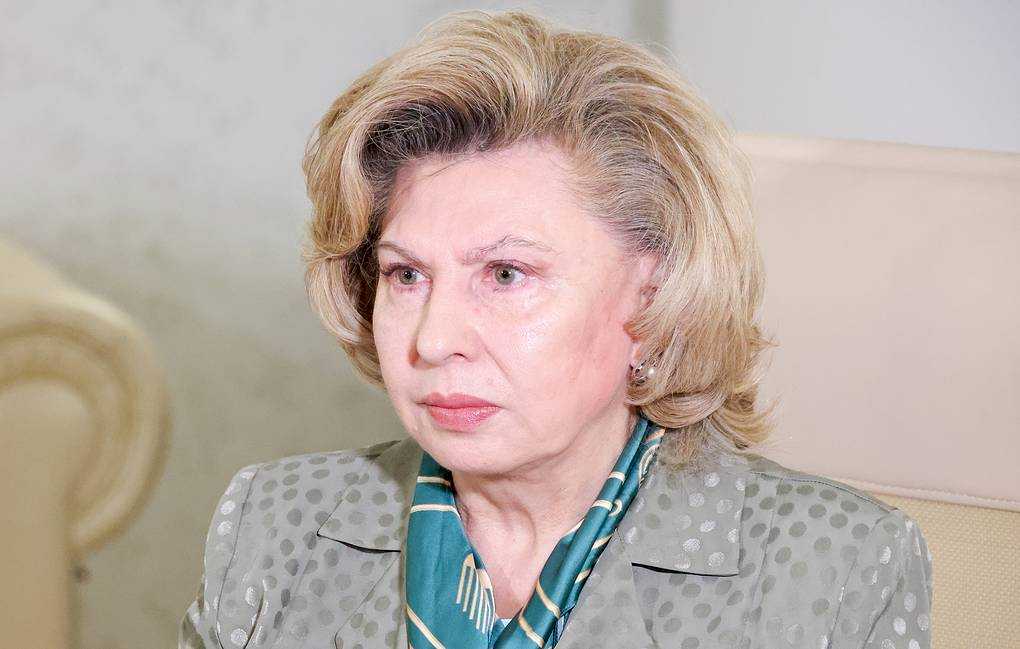
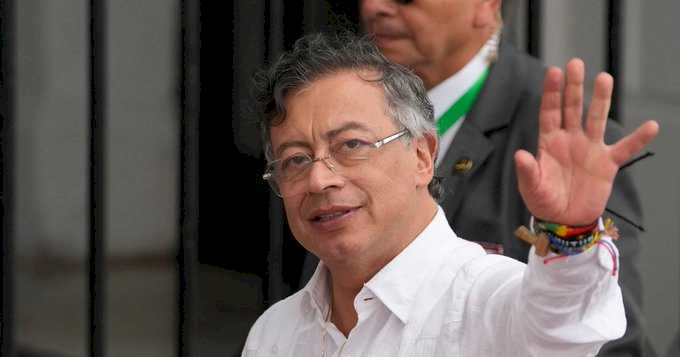

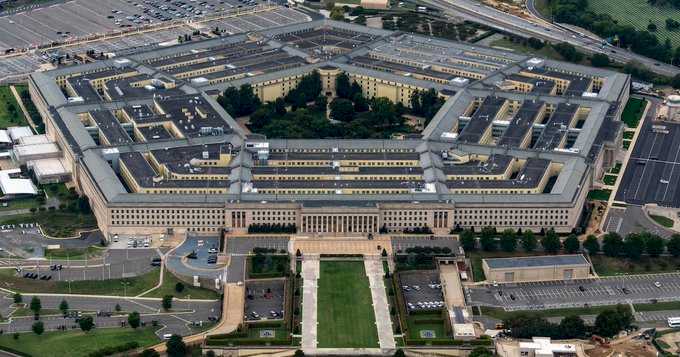

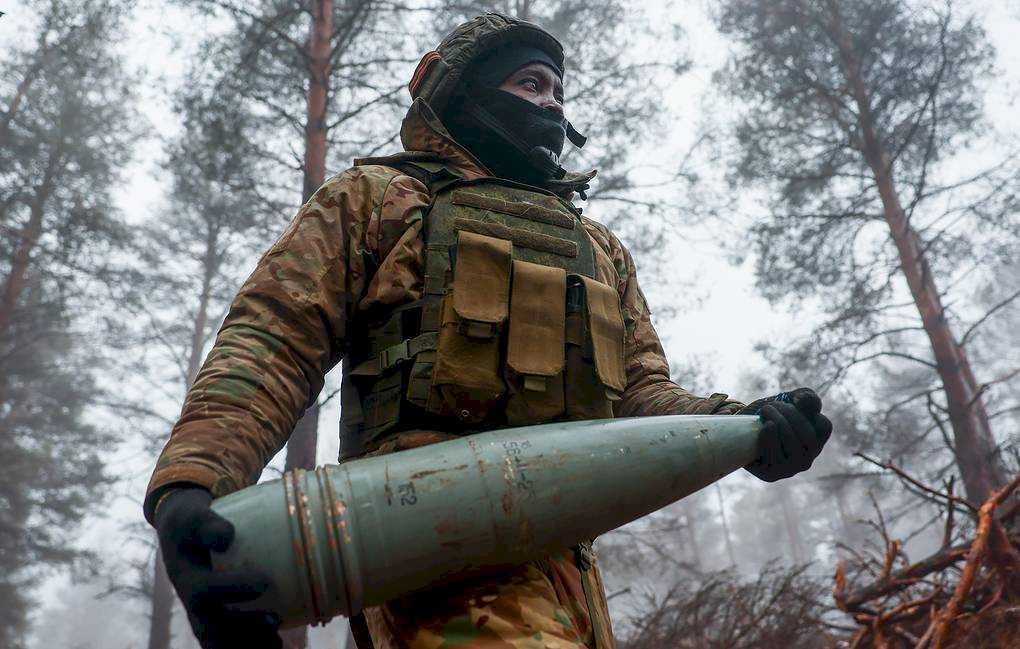


Global News on Umojja.com